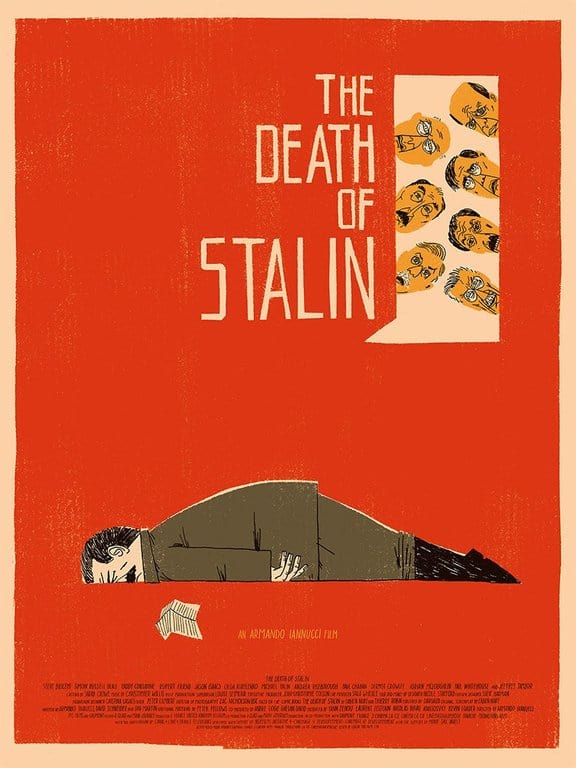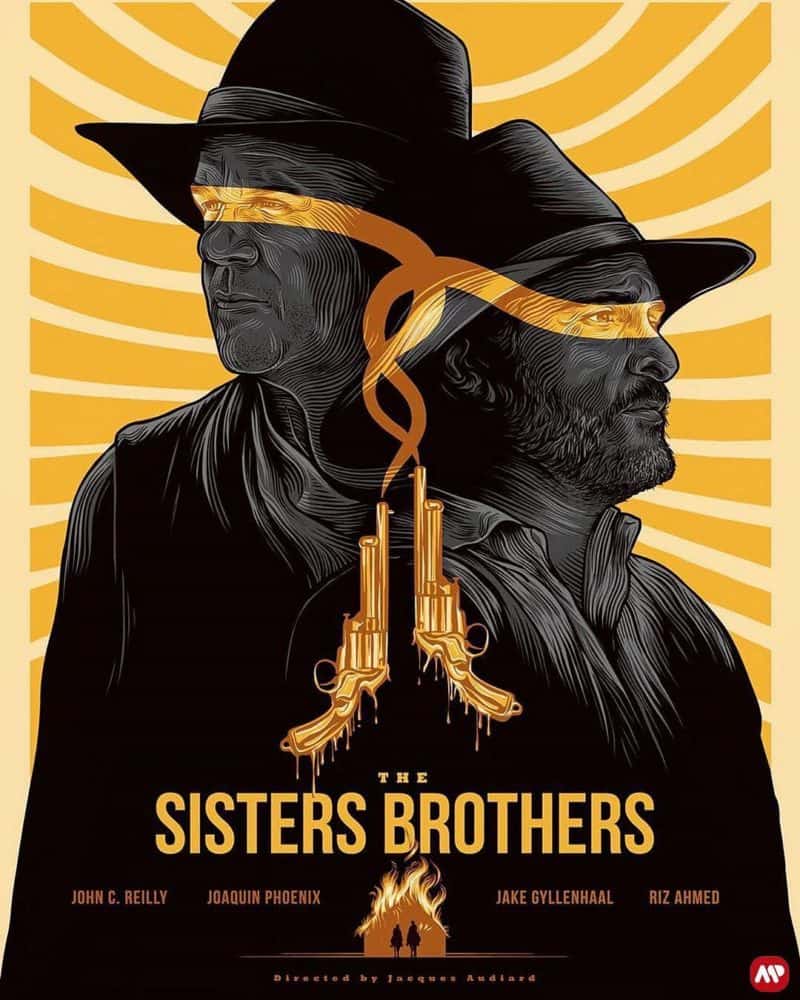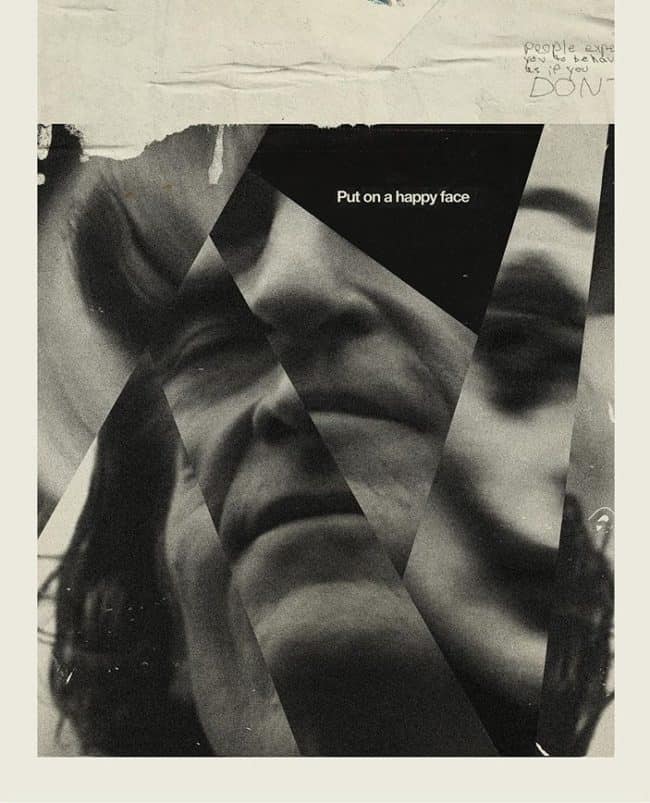
In 2018, director Armando Iannucci discovered long lost recordings of a great Soviet-era composer. He then used them to score his film, The Death of Stalin. At least, composer Christopher Willis (Interview) believably convinces the audience of this discovery.
To accurately replicate the Soviet-era sound, Willis immersed himself in the works of famed Russian composers. These range from Soviet composers like Prokofiev and Shostakovich to earlier Russian composers like Tchaikovsky. He perfectly captures the grandiosity, scale, and sweeping melodies that are emblematic of late 19th and early 20th century Russian classical music. Occasional measures are reminiscent of iconic Russian melodies, but they are fleeting and give the sense that the score is familiar, a classical piece the audience member has previously heard but can’t quite place, further adding to the feeling of authenticity.
The score ignores that The Death of Stalin is a comedy and instead unfailingly maintains its serious, severe nature. This juxtaposition enhances the film’s absurdity: a searing comedy set in one of modern history’s most brutal regimes, amidst rape and murder and extreme poverty, all set to an elegant, imposing score that exudes unrivaled power and magnificence. It is perhaps the most vital piece in Iannucci’s series of stunningly effective ironies that drives The Death of Stalin.



